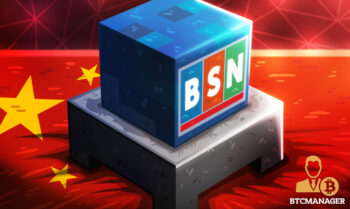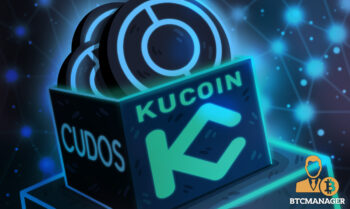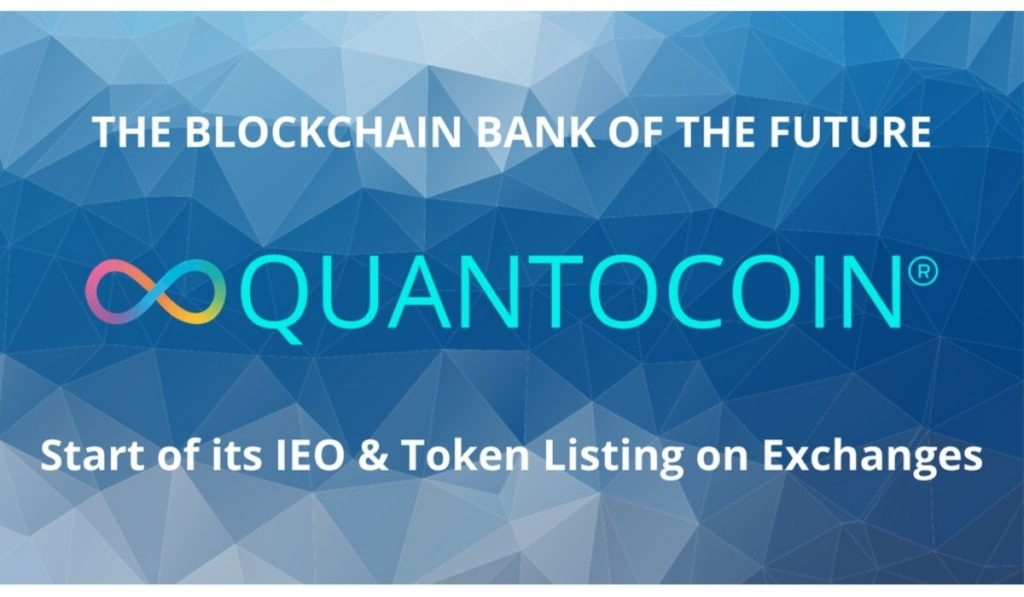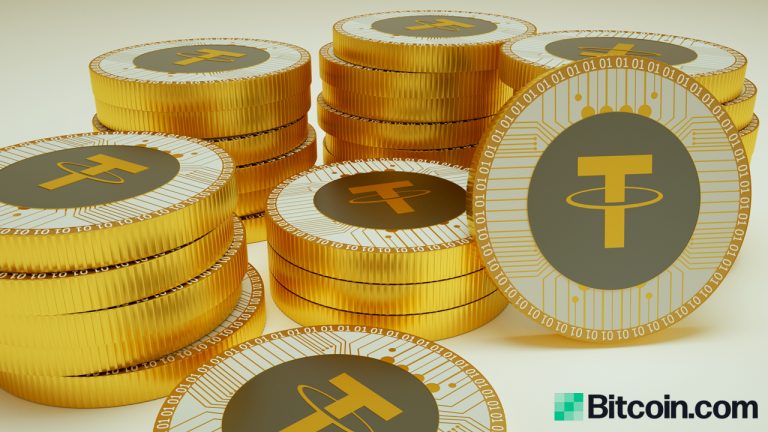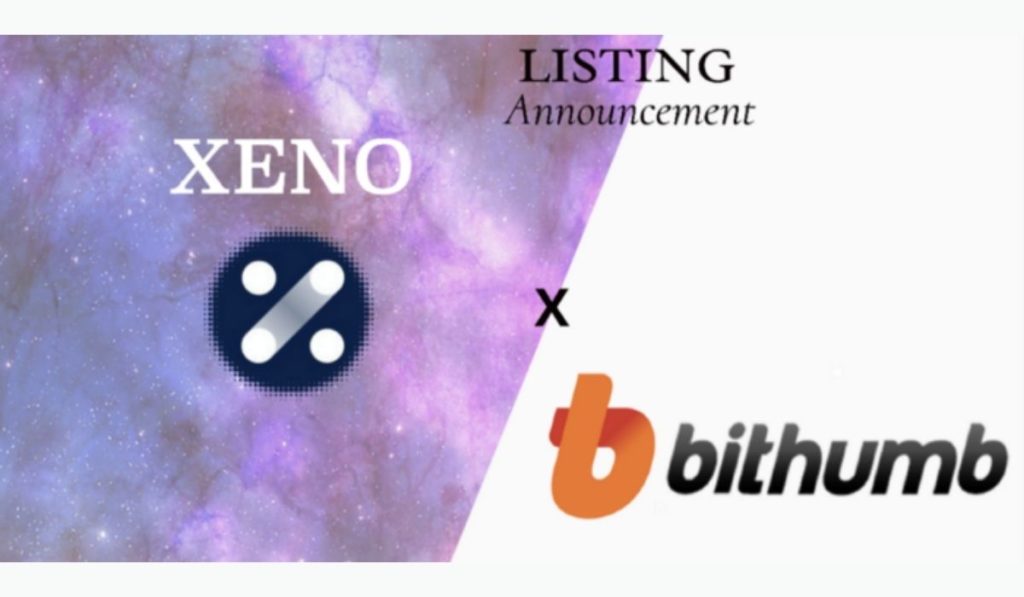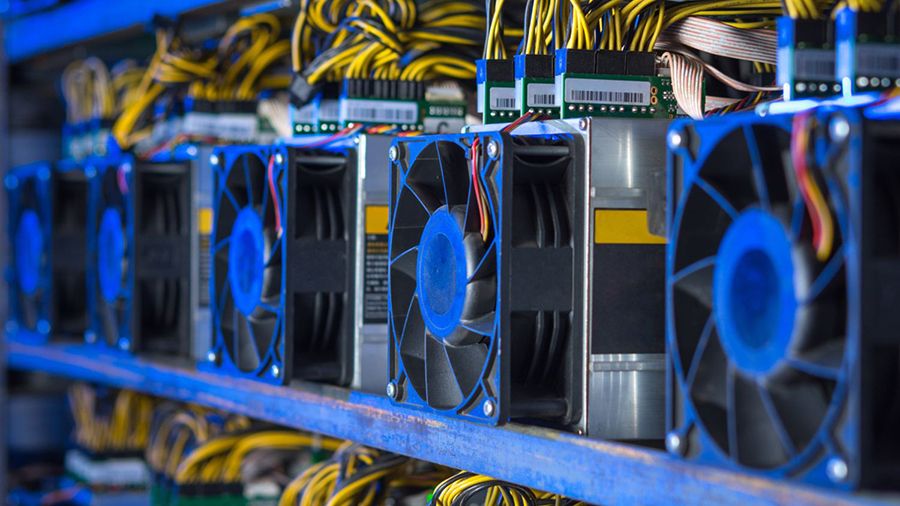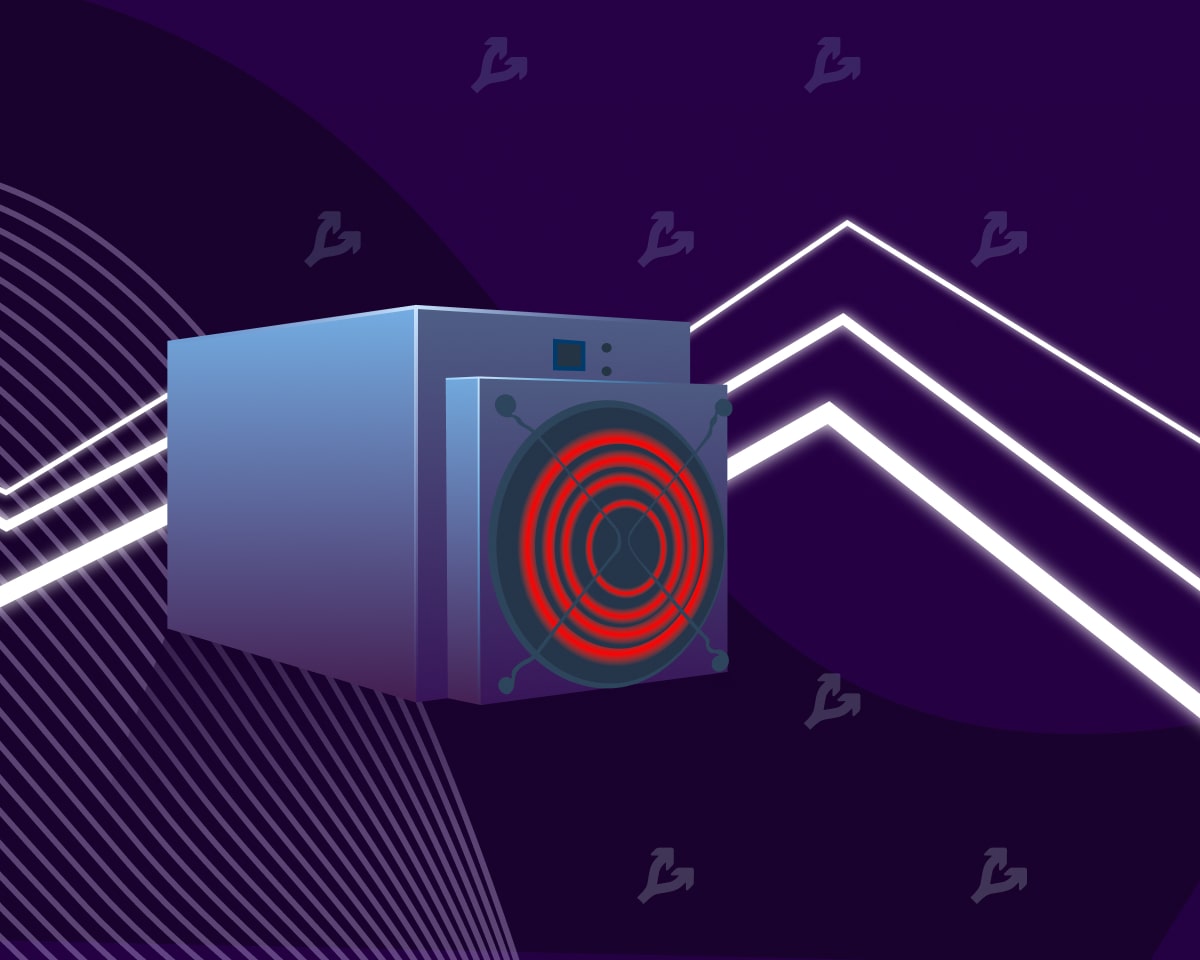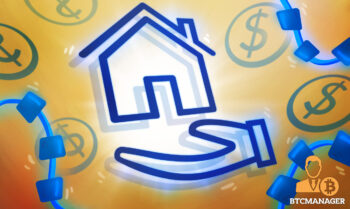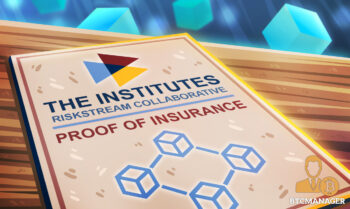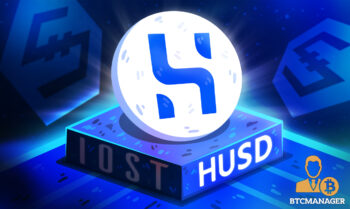2021-3-15 11:40 |
Blockchain is already revolutionising many industries and there are still many more that could benefit from adoption. There are huge advantages to be gained from this technology, particularly improvements to cost and time efficiency
We’ve identified some tech firms that are ahead of the curve on blockchain adoption and making great strides in their respective sectors, from computing power networks to smart contracts to messaging.
So carry on reading to find out about our top 3 picks for blockchain solutions to check out this month.
Golem Network – Decentralised marketplace for computing powerApp owners and individuals often need to rent computing power to complete tasks that require an extended amount of computation time or capacity. Currently, these resources are supplied by centralised cloud providers, but that tends to come with constraints such as hard-coded provisioning operations, closed networks and proprietary payment systems.
Google, Amazon, IBM and Microsoft dominate this market and leverage their power to increase their margins, meaning their computer services are inefficiently priced. However, recent technological advances mean that the market can be reorganised according to different principles, with Golem being the backbone of this new market.
What does it do?Golem democratises access to digital resources with the Golem Network, an open access protocol which is accessible, reliable and censorship resistant. Task creators (“requestors”) can easily connect with suppliers of computing resources (“providers”) and software developers through Golem’s flexible, open-source platform.
Those who provide unused computing power get paid in Golem Network’s native token GLM (previously GNT), and because the payment system is built on top of Ethereum’s Layer 2, network congestion problems, onboarding costs and gas fees are eliminated, allowing cheap and fast micropayments.
Adoption and developmentThe Golem team is implementing some initial use cases, with the first being CGI rendering. Rendering an image on your own computer takes a long time while using cloud-based services is expensive. But now, CGI artists can use the Golem Network to rent compute resources from other users, making the process fast and cost efficient.
Some community hackathon projects are also being ported to Golem’s mainnet. These include Golem SLATE, an app similar to CodePen; Chess on Golem, a classic chess game; and Decentralised Machine Learning app DeML.
Once Ethereum becomes more scalable and better data sharing technologies emerge, the Golem platform will be able to provide microservices to applications of all sizes, from note-taking apps to streaming services. Golem will be considering multiple Ethereum decentralised apps (dapps) for integration, including payment channel solutions, e.g. Raiden; decentralised identity services, e.g. uPort; task verification solutions, e.g. TrueBit; and storage solutions, e.g. Filecoin.
Ubiq – Decentralised smart contract platformThe trusted and immutable record of transactions that blockchain offers is a game changer for businesses, and many enterprises are turning to Ethereum for its programmability, that is, the power and versatility of smart contracts.
However, any business that chooses to implement applications on an Ethereum Virtual Machine (EVM) will be affected by Ethereum’s future, including updates and blockchain hard forks which could lead to instability. Ubiq is committed to removing that uncertainty.
What does it do?Ubiq offers enterprises a reliable blockchain to host an EVM, which reduces the risk of network instability and unintended hard forks through the implementation of thoroughly tested code and a conservative upgrade schedule.
Ubiq started development with the Ethereum codebase, but changed several key features such as block times and rewards. An independent report found that Ubiq had greater chain security than Ethereum and twice the transactional throughput per second at a 40 million block gas limit.
The blockchain supports smart contracts, dapps and tokens, and its development is democratised through Ubiq’s transparent, verifiable governance system ‘Escher’.
Adoption and developmentFollowing its Genesis block in 2017, Ubiq formed partnerships with exchanges Einstein and Cryptopia, introduced the Pyrus wallet and was named 2017 Canadian Blockchain Company of the Year.
The current Ubiq ecosystem includes a decentralised exchange (DEX), a token generation event framework and a yield farm. Looking to the future, Ubiq plans to incorporate decentralised finance (DeFi), chain bridges, additional governance features and non-fungible tokens (NFTs).
ADAMANT Messenger – Decentralised messengerFollowing the Facebook-Cambridge Analytica scandal and the rise of phishing scams and identity theft, data protection has become an important issue for businesses and individuals alike. It’s particularly crucial for messengers where people want to be able to have private conversations.
Although most messenger providers now use some sort of encryption, there is still a lack of trust from many consumers. Messengers on the market today tend to be centralised, keep their source code hidden and store message histories. They also often require explicit user identification like a phone number or email address and store their users’ address books, photos and location details on their servers.
ADAMANT Messenger solves these security flaws and provides superior privacy.
What does it do?ADAMANT Messenger offers a decentralised and blockchain-powered messenger totally independent of governments, corporations or developers. All messages are encrypted with their authenticity being guaranteed by the blockchain; and the fact it doesn’t collect identification, device data or IP address makes ADAMANT Messenger truly anonymous.
Users can easily create a multi-currency crypto wallet and transfer their coins anonymously in chats, while crypto chatbots exchange cryptocurrency, accept bets and even play Blackjack. There is also ADAMANT Messenger Business, a private blockchain designed for small and medium sized companies.
Adoption and developmentSince its mainnet launch in 2017, ADAMANT Messenger created its own blockchain explorer and introduced two factor authentication. The ADAMANT Messenger native utility token ADM supports its decentralised messenger infrastructure and has been listed on several exchanges.
2019 saw the introduction of anonymous crypto exchanges to the platform and a partnership with Stably including integration of the Stably Dollar. ADAMANT Messenger’s plans for the next year include the introduction of group chats, pinnable chats, voice calls, digital signatures and storing of documents on the blockchain, support for more cryptocurrencies and a feature for transferring files and images in-chat.
The post Top 3 Blockchain Companies developing amazing use-cases March 2021 appeared first on Coin Journal.
origin »Bitcoin price in Telegram @btc_price_every_hour
High Performance Blockchain (HPB) на Currencies.ru
|
|

